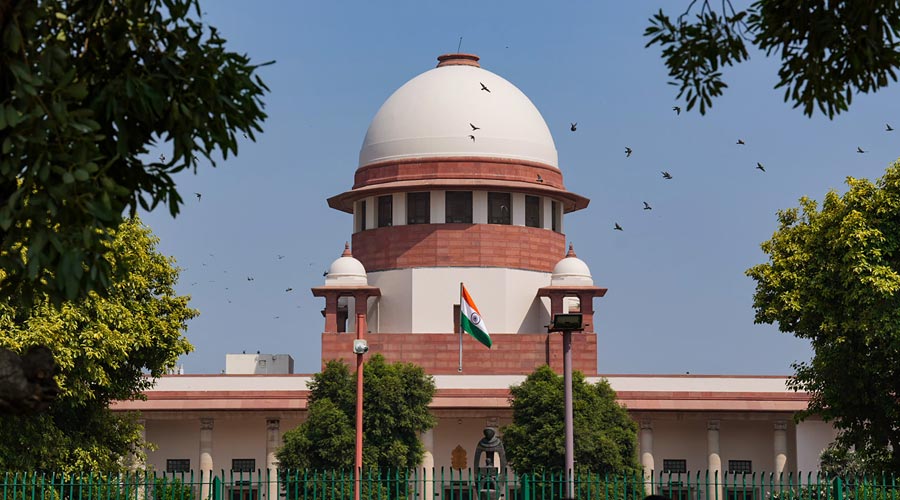Responding to a clutch of petitions that had argued that demonetisation had not been a considered decision, the Supreme Court, concerning itself with the validity of the measure, said in a near-unanimous judgment that the exercise satisfied the proportionality test. Four among the five members of the bench concurred that procedural lapses had been absent and that the Centre, which had initiated the policy, had held adequate consultations with the Reserve Bank of India. The apex court said it was content with the inbuilt safeguards of this consultative process. The verdict has, unsurprisingly, been followed by a political slugfest. The Bharatiya Janata Party, emboldened by the outcome in the court, has castigated the Congress for its campaign against demonetisation.
It must be pointed out that the highest court limited its deliberations on the integrity of the process as opposed to assessing the merits of the policy intervention. As one of the judges noted, it would be unwise on the part of the court to supplant the wisdom of the executive. But future assessments of demonetisation are unlikely to be burdened by legal remit. The possibility of enduring reflection on several thorny issues cannot thus be ruled out. For instance, reservations about the Centre’s opacity on the matter are likely to persist. Significantly, the sole dissenting judge pointed out that an alternative mechanism — an act of Parliament instead of a dramatic announcement by the prime minister — could have been a more desirable way of implementing the policy. The depth — not volume — of the consultations between the Centre and the RBI may also be speculated upon especially since Raghuram Rajan, the former governor of the RBI, had expressly stated that the Central bank had not been asked to take a decision on demonetisation at any point during his tenure. Finally — perhaps most importantly — public appraisals of demonetisation would certainly consider its impact. This is logical, since policy decisions by an elected government are expected to be measured by their consequences. There is now adequate evidence to suggest that demonetisation not only failed in its stated objectives of flushing out black money, crippling terrorism, and ridding the nation of corruption but also dealt a body blow to those occupying the bottom rungs of India’s economic pyramid — migrants, wage earners, farmers, among others — from which they and the informal economy are yet to recover. Demonetisation’s true story perhaps lies in these details.











